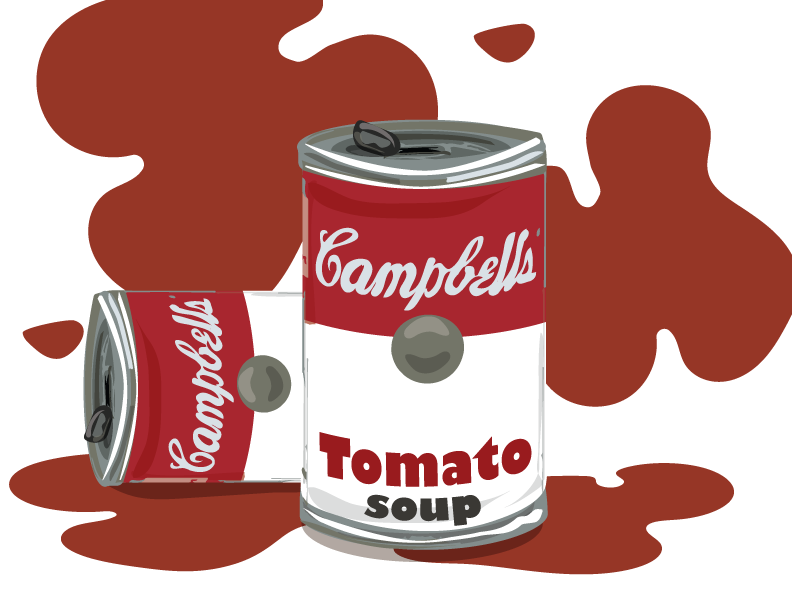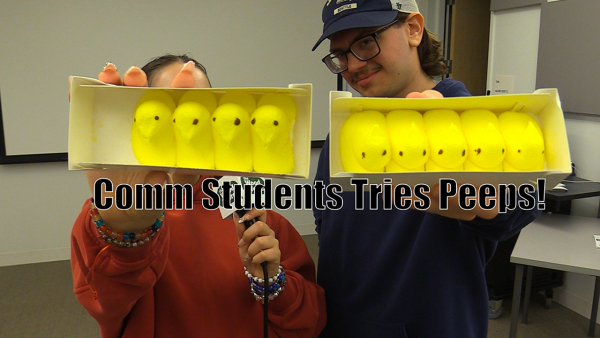Opinion: Don’t just talk about the soup
Photo credit/ Jennifer Flynn
Environmental activists caused quite a stir recently by throwing tomato soup on one of Vincent Van Gogh’s most famous paintings.
The two activists were working with an organization called Just Stop Oil to raise awareness about the fossil fuel industry’s contribution to the current climate crisis and took their activism to the National Portrait Gallery in London, England.
After throwing tomato soup on Van Gogh’s “Sunflowers” painting, they glued their hands to the wall next to the painting. One activist then continued on with a speech about how the cost of living crisis is related to the cost of oil crisis.
The protestors were arrested for criminal damage and aggravated trespassing and although there was minor damage to the frame, the painting was protected by glass and remained unharmed.
Just Stop Oil is no stranger to big displays of public activism. Protestors have shut down the Queen Elizabeth II Bridge, just outside London, by climbing the suspension cables and refusing to come down, causing major traffic disruptions.
A conservative member of Parliament has deemed the protestors “utterly selfish”.
The two young protestors undoubtedly caused a disruption in the museum, but climate change is causing significant disruptions within our ecosystem. Problems of such a massive scale, such as climate change, deserve to be talked about on a massive scale.
Drilling for oil can be deadly to wildlife. Just one liter of oil can contaminate a million liters of water. Oil production techniques produce large amounts of polluted wastewater that can potentially threaten aquatic life.
These protesters intended to start a conversation about climate change, but their actions are for nothing if we do not continue the conversation.
Sometimes we need a strong message, a wake-up call, to recognize that there are dangerous issues affecting our society.
Protesting can be incredibly effective and has the potential to change the course of history.
It’s important to also remember that these protests were relatively harmless. No one was hurt, injured or threatened. Aside from minor damage to the frame, the painting was not affected by the soup demonstration at all. This demonstration succeeded in gaining media attention and sparking a conversation about the need for solutions to climate change.
However, we cannot just talk about the soup. When discussing this situation, it’s important to remember that this was not just a stunt pulled by some meddling teenagers, but a call to action and a cry for help from dedicated activists.
People that are passionate about advocating for issues that affect the wellbeing, livelihood, and future of us all should be respected. Non-violent protesting is an excellent way to raise awareness and demand change.
Although protests can cause inconveniences, they are intended to serve the greater good. In the grand scheme of things, cleaning up a bit of soup seems like a small price to pay if it helps restore our damaged planet.
Contact the writer: [email protected]

Madeline Adams is a junior multimedia communications major and is the Editor in Chief for The Wood Word. She is a DJ for Marywood's own, VMFM 91.7, and...









